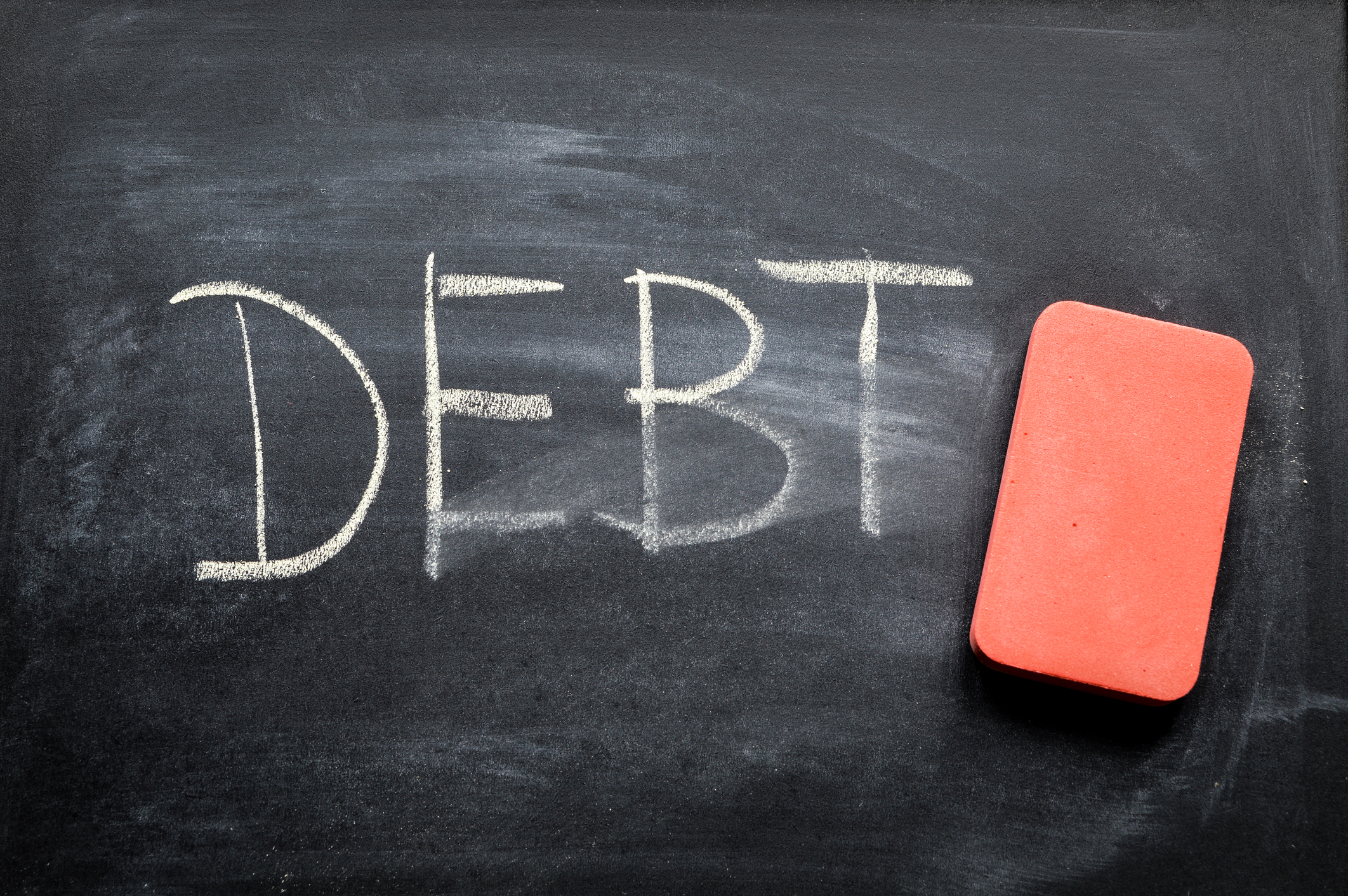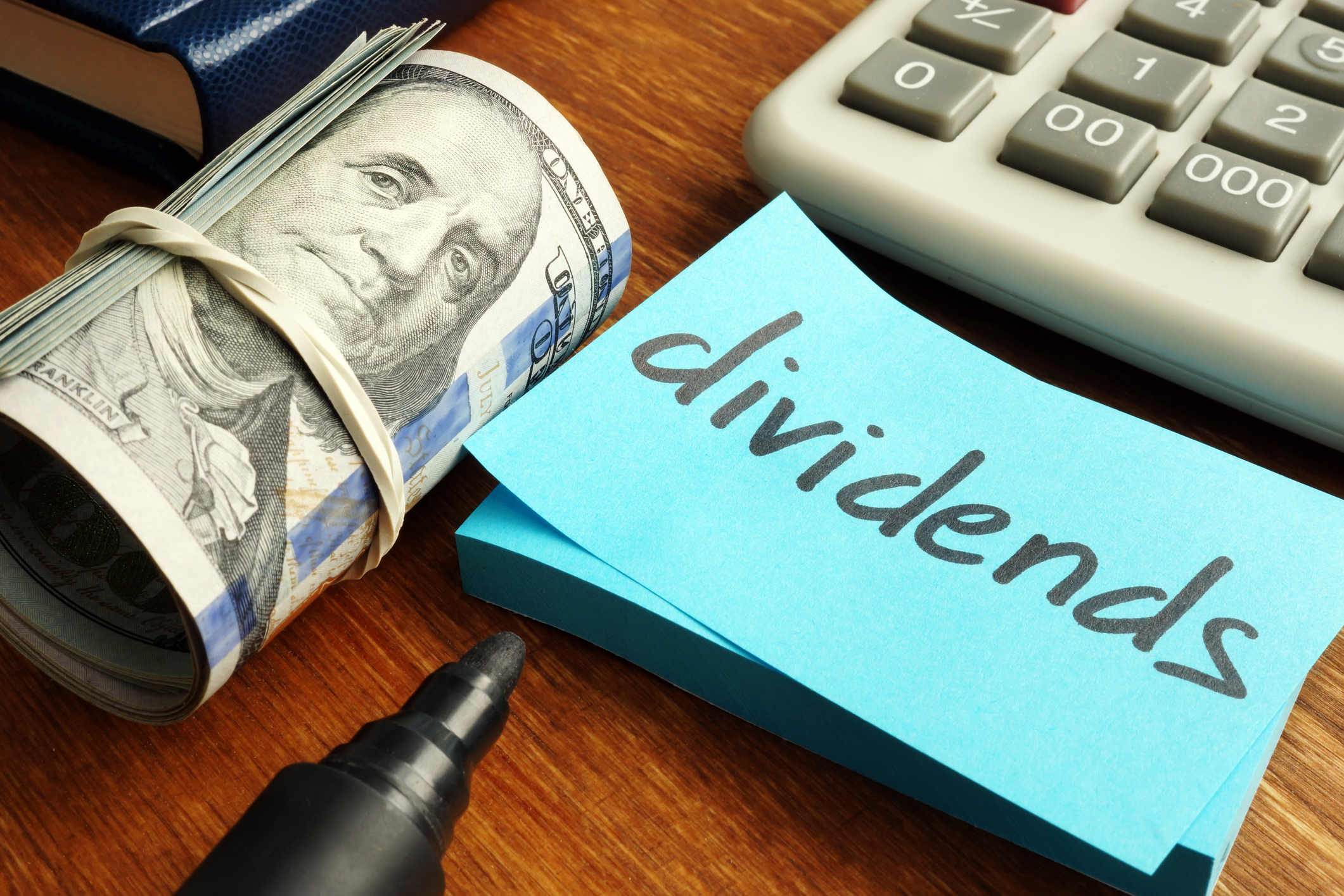
Why use DeFi?
Regardless of what you're seeking to accomplish, using a DeFi platform in place of doing business with traditional financial institutions can confer several benefits. People use DeFi for these primary reasons:
- Accessibility: Some people are unable to open bank accounts or receive loans, but anyone with an internet connection can access a DeFi platform. That high level of accessibility means that DeFi transactions occur without any geographic restriction.
- Low fees and high interest rates: DeFi enables any two parties to directly transact. With no intermediary, transaction fees are greatly reduced and the parties themselves can directly negotiate interest rates. People who lend money via DeFi networks typically enjoy much higher interest rates than those paid by traditional financial institutions.
- Increased transparency and security: Smart contracts published on a blockchain, along with all records of completed transactions, are available for anyone to review. Blockchains are immutable, meaning they cannot be changed. While DeFi platform users benefit from the transparency and security conferred by blockchain technology, smart contracts are executed in a way that preserves the privacy of the platform's participants. The publicly available transaction data does not reveal your real-life identity.
- Functional autonomy: DeFi platforms don't rely on any centralized financial institutions. The financial collapse of 2008 illustrates the significant interconnectedness of most banks and governments and makes clear the inherent risks of centralized systems. Individual financial institutions holding your money can face hardship or corruption or become over-leveraged and declare bankruptcy. The decentralized nature of DeFi protocols mitigates much of this risk.
Is DeFi safe?
The newness of DeFi technology means that negative outcomes can unexpectedly occur. New companies that use DeFi technology may not succeed (failure among start-ups is exceedingly common), and errors by programmers can create profitable opportunities for hackers. Investing in or storing money with a DeFi project that fails can result in the total loss of your funds.
Deposits with traditional centralized financial institutions are insured by the Federal Deposit Insurance Corporation (FDIC), while DeFi platforms generally don't provide any means by which to recover lost money. If a traditional financial transaction goes awry, a consumer can file a complaint with the Consumer Financial Protection Bureau (CFPB), but no such recourse exists if you become a victim of a fraudulent DeFi transaction.
Interestingly, another type of DeFi application is becoming available to address these deficiencies. Decentralized insurance, which is created by individuals pooling their cryptocurrency as collateral, is being offered to those who wish to protect themselves against losses from other smart contracts. The individuals who contribute to the cryptocurrency pools collectively charge premiums to those who are insured.



















